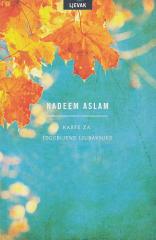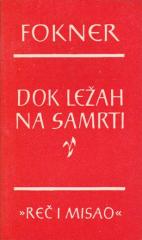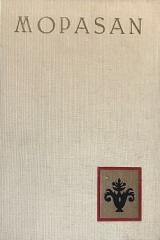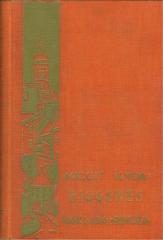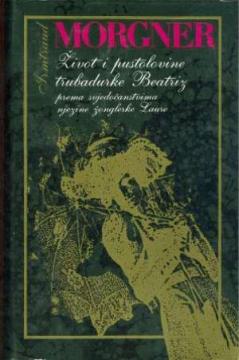
Život i pustolovine trubadurke Beatriz prema svjedočanstvima njezine žonglerke Laure
Der Roman verbindet Elemente des sozialistischen Realismus, des Feminismus und der Phantasie. Er spielt im mittelalterlichen Frankreich und Ostdeutschland und behandelt Themen wie Frauenemanzipation, Kunst und sozialen Kampf anhand der Geschichte von Beat
Beatriz, eine historische Figur, erwacht als Troubadour in der modernen DDR nach einem Jahrhundert des Schlafs zum Leben und wird mit kapitalistischen und sozialistischen Widersprüchen konfrontiert. Laura, ihre Jongleurin, erzählt Beatriz' Abenteuer und verbindet mittelalterliche Poesie mit politischen und feministischen Themen. Der Roman verfolgt Beatriz' Versuch, sich an die neue Welt anzupassen, ihren Kampf mit patriarchalischen Strukturen und ihre Suche nach künstlerischer Freiheit. In satirischem und ironischem Ton hinterfragt Morgner Geschlechterrollen, Klassenkampf und die Rolle der Kunst in der Gesellschaft.
Der Roman ist vielschichtig aufgebaut und verbindet historische Dokumente, Poesie und Fiktion, wobei der Dialog zwischen Vergangenheit und Gegenwart im Vordergrund steht. Beatriz und Laura symbolisieren den Widerstand von Frauen gegen gesellschaftliche Zwänge, während sich der Roman mit Fragen von Macht, Identität und utopischen Idealen beschäftigt. Morgner nutzt fantastische Elemente, um gesellschaftliche Normen zu kritisieren, was das Werk zu einem bedeutenden Beispiel feministischer Literatur der DDR macht.
Dva primerka su u ponudi
